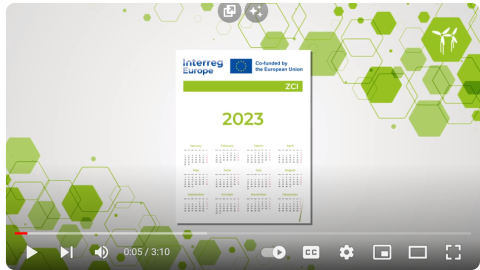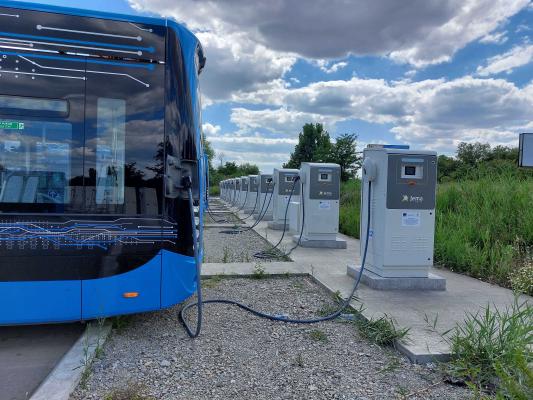Project summary
About ZCI project
ZCI will strengthen the role of 8 Public Authorities to accelerate the provision of zero carbon infrastructure by increasing their capacity and working with private and public stakeholders, and provide capacity-building support for others.
The EU has set ambitious targets to decarbonise transport, requiring radical changes to the whole ecosystem. The recent dramatic developments in the geo-political situation in Europe highlight the need to accelerate this transition away from fossil fuels.Public authorities should be the “first mover” in this. If they can help to make the energy supply-chain ready, the market will be energised – vehicle-makers and users will make the switch.
Our partnership
The partnership includes 9 partners from 9 Member States covering a balanced geographical spread from North (SE&FI) to West (IRL), South (ESP) and East (BG).
The partners are 8 cities selected for their specific abilities and experience related to development of zero carbon infratsrucute on their territories and 1 Advisory partner with necessary theoretical and scientific knowledge and expertise to support partners with capacity building and planning strategies.Who we are
Lead partner
County administrative board of Kronoberg, Sweden
Partners
- Kainuu Regional Council Finland
- BSC, Business support centre L.t.d., Kranj, Slovenia
- Burgas Municipality, Bulgaria
- Navarra Government – General Directorate on Industry, Energy and Strategic Projects S3, Spain
- Cork City Council, Ireland
- City of Mechelen, Belgium
- City of Parma, Italy
Advisory partner
Erasmus Centre for Urban, Port and Transport Economics BV, Netherlands

Watch our video!
Get inspired and subscribe to our YouTube channel to stay tuned!
What will this project change
Through the implementation of project activities and achieve project results, partners will Improve policy decisions on the deployment of charging networks for e-mobility; Improve strategies for changing consumer behaviour related use of non-fossil fuels; Improve strategies on e-logistics and business models; Strengthen models of cooperation with investors and operators; Strengthen the legal context.
